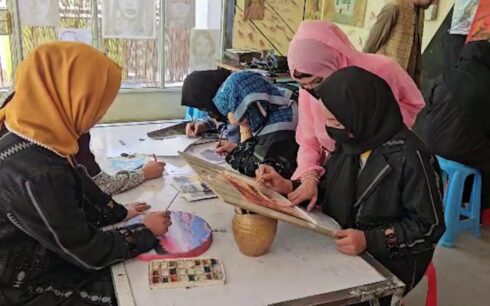A women’s rights movement, the Freedom-Seeking Women’s Movement in Afghanistan, condemned the death of Abida, a young woman from Ghor province who died by self-immolation after being pressured into a forced marriage with a Taliban member.
In a statement, the movement described the incident as a “clear symbol of Taliban injustice and misogyny,” adding that unless silence ends, Abida’s death “will not be the last.”
The group denounced what it called “systematic violence by the Taliban” and said it stands with Abida’s “silent scream.” It added: “Abida is one of thousands of girls victimized by the Taliban’s oppressive and patriarchal structure. When every path was closed to her, she turned to the only option left — fire — so her silence would become a cry.”
The movement said the Taliban must be held accountable in international courts for crimes against humanity and “systematic femicide.” It also called on religious leaders, community elders, and male family members to speak up: “Abida became a flame to break the darkness. Your silence will be a stain on history.”
According to Abida’s relatives, who spoke to Amu on condition of anonymity, a Taliban member named Mohammad Rahmani had repeatedly pressured her to marry him. After being detained and threatened, her family faced a raid on their home by armed Taliban members. Upon realizing she was to be taken by force, Abida poured fuel over herself and set herself alight.
Taliban have not responded to inquiries about the incident.
The case has sparked outrage among Afghan and international rights groups, with activists launching a campaign under the slogan “I am Abida’s voice.” Many say the growing incidence of self-immolation among women reflects the extreme pressure and systemic abuses they face under Taliban rule.





